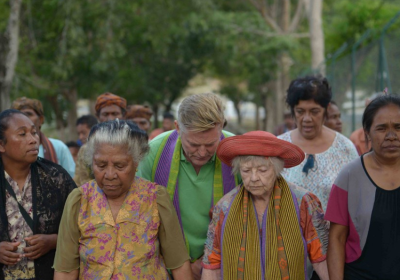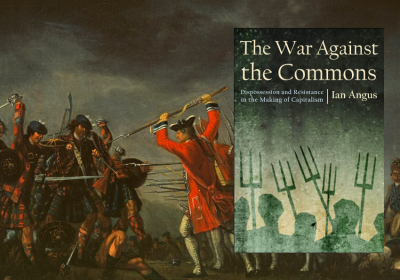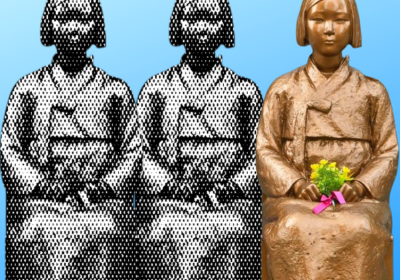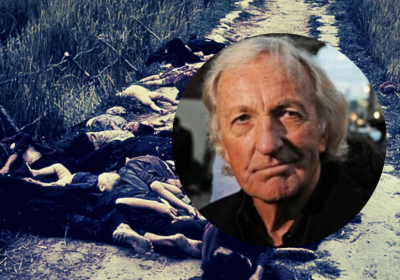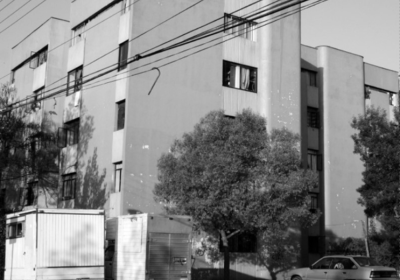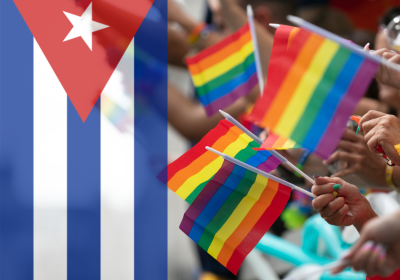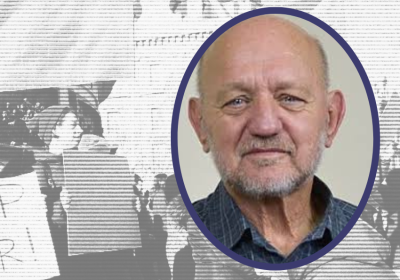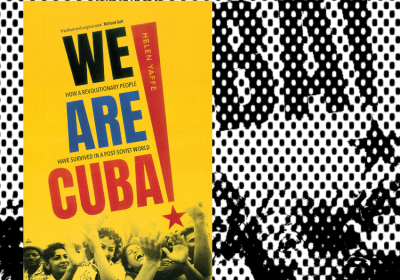The Circle of Silence is a work of witness, remembrance and hope, writes Leo Earle.
History
Simon Butler reviews Ian Angus’s new book, The War Against the Commons, which vividly retells the story of how land that had been shared for centuries was privatised by force and deception in England, Wales and Scotland.
Newly released South Korean government documents reveal that the sexual exploitation of Korean women continued long after Japan’s colonial rule ended in 1945, reports Barry Sheppard.
John Pilger recalls the "electric" opposition of writers and journalists to the coming war in the 1930s and investigates why there is "a silence filled by a consensus of propaganda" today as the two greatest powers draw closer to conflict.
Richard Gott's 2011 book focuses on the revolutionaries and rebels who stood up to the British Empire. Alex Salmon reviews.
Miguel Lawner — architect and former political prisoner — speaks to Taroa Zúñiga Silva about how Salvador Allende’s government improved the lives of Chileans in its first year.
Natalia Marques spoke to young activists in Cuba to find out how the new law was won through grassroots dialogue.
When Ukrainian writer, teacher and activist Marko Bojcun died in England on March 11, an important link snapped in the chain of struggle for the Ukrainian people’s social and national emancipation, writes Dick Nichols.
A new report documents the ongoing human, social, economic and environmental toll of the Iraq war, reports Brett Wilkins.
Mary Lou McDonald, A Republican Riddle is no hagiography, nor is it a glib hatchet-job, writes Bill Nevins.
Activist Stephen Langford has been banned from the Sydney CBD after placing an A4 sheet, with blue tack, quoting Governor Lachlan Macquarie onto his statue in Hyde Park. Kerry Smith reports.
If there is one theme to Helen Yaffe’s book We Are Cuba!, it is survival, writes Ian Ellis-Jones.
- Previous page
- Page 6
- Next page
